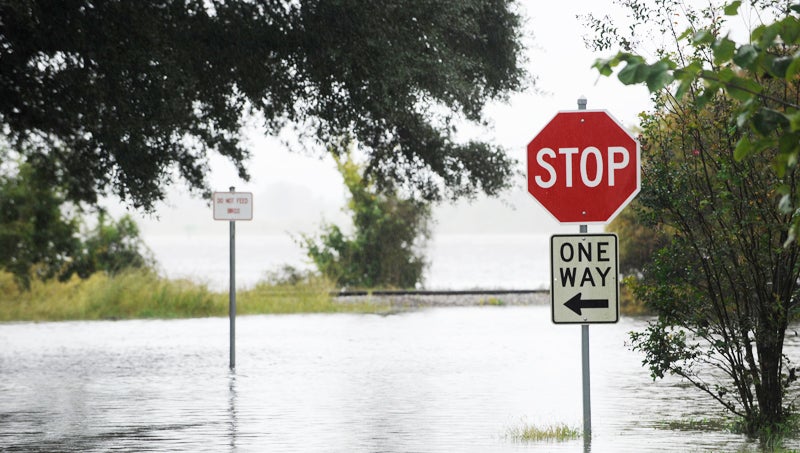Lowering the bar
Published 8:16 pm Tuesday, August 22, 2017
Monday, Beaufort County residents took to the outdoors to watch the solar eclipse of 2017. Everyone knew it was coming, as astronomers had predicted the coming eclipse. The science behind the solar eclipse was not doubted, and, sure enough, the eclipse happened exactly as predicted.
On the same day, a federal advisory committee on climate change was disbanded. This committee of scientists, as well as those representing widespread sectors such as industry, government, academia and nonprofits, was tasked by the previous administration to interpret the National Climate Assessment, a report about climate change that’s released every four years. Their job was to break down the data in the report to help federal agencies, state and local governments and the private sector understand the impacts of climate change — how to translate and use the science when making decisions about infrastructure and land use, an example of which would be the construction of stormwater drainage systems.
Many view the idea of climate change as debatable, and the scientists behind the data as being less credible. The disbanding of this committee may very well signify the same.
In North Carolina, there have been changes to the state’s own agency responsible for protecting air, land and water. Over the past several years, many of the positions available in the Department of Environmental Quality have gone unfilled, and, with each successive year, the General Assembly continues to whittle down the department’s budget. What this leads to is less people being required to do the work of many, which also leads to the accompanying, ensuing backlogs. Any agency cannot do the work expected of it if it’s hamstrung by a lack of resources.
The same General Assembly has loosened DEQ restrictions in many areas, with the explanation that the state should have no regulations exceeding those of the EPA. Essentially, that means the state environmental agency should do only as much as is required by the federal government.
But what happens when the federal government’s regulations are weakened? Does it start an ongoing downward spiral of loosened restrictions? Will the bar be lowered to the point where people should not expect to have clean air, water and land?
Will the federal government’s inferred distrust of climate change mean communities, such as those in low-lying, coastal Beaufort County, which is prone to hurricanes and flooding, mean these local governments are not allowed the tools to protect themselves against the potential effects of climate change?
Being prepared and informed is best practice. Lowering the bar by disbelieving some scientific thought, and at the same time embracing others, is not.





